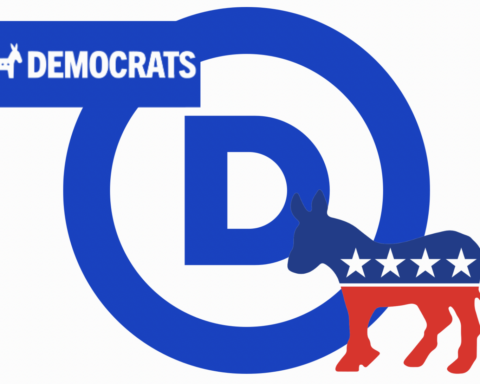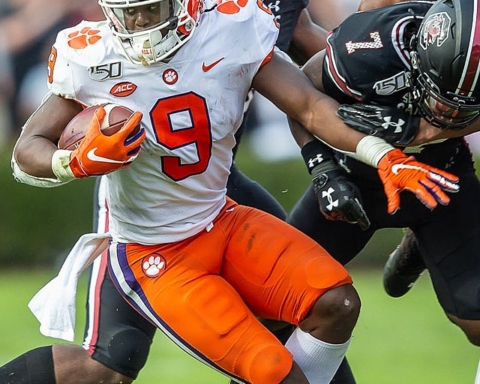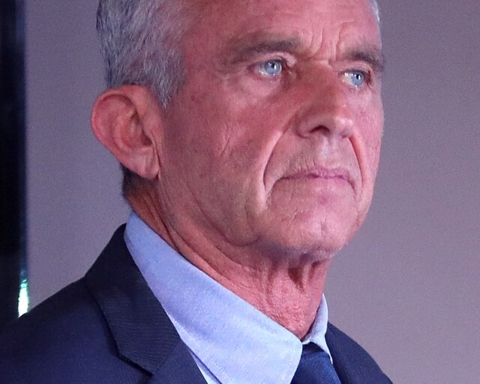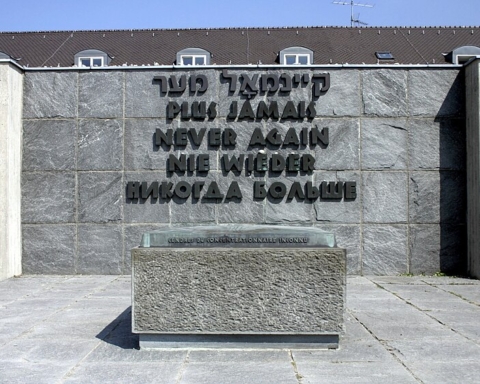By Bryce Kelly, Staff Writer
After last week’s vote-counting debacle in Iowa, many political pundits have questioned whether Iowa should still start the election cycle. Since 1972, Iowa has been the first caucus/primary in the country. There is a need for a change.
One of the reasons the Iowa caucus was a disaster is because of the process. A caucus is held at numerous locations. There were over 1,000 locations in which caucuses were held this year. That number is way too large because of the complicated process. In these locations, also known as precincts, voters go to their candidate’s designated area in the room. Once everyone is in the correct position, everyone gets counted by the leaders of the precincts. If a candidate doesn’t have at least 15% of the total participants, the candidate’s supporters must move on to a different candidate who meets the threshold or convince others to join their candidate.
Early in American history, the caucus system was more viable. There were less people, less precincts and therefore less margin for error. Caucusing is a great way for communities to participate in a more direct democracy. The problem is modern elections have become too complex for the caucus system.
The caucus system doesn’t mix well with technology. Today everyone wants results and news immediately and accurately reported. With over 1,000 precincts, results can’t be immediate. Remember, the caucuses are put on by the political parties, not the government. So, caucus leaders are more likely to be inept runners of the caucus. This is what happened last week with the app the caucus leaders tried to use. To speed up the reporting of results, precinct leaders were given an app they had little or no experience using. Combine this with older precinct captains who usually aren’t good with technology, and disaster ensued.
Iowa isn’t a good starting state for the election cycle because its demographics do not mirror those of the United States. According to the U.S. Census Bureau, Iowa is 90 percent white and only four percent black. Compare these statistics to the national demographics, and an issue arises. America is 76 percent white and 13 percent black. The first state in the election cycle is crucial. Candidates spend the most time there, and the first state gets the most media attention because of it. The winner of the first state gets a huge momentum boost going into the rest of the election cycle. Because of all these factors, a more diverse state should lead the election cycle.
Pete Buttigieg has surged in the polls and is considered a front-runner because of his win in Iowa and runner-up finish to Bernie Sanders in New Hampshire, which is also around 90 percent white. However, Buttigieg lacks a key part of the Democratic constituency: African-American support. In South Carolina, Buttigieg is struggling in the polls because of little support from African Americans. The Iowa caucus presents Buttigieg in a better position than he is because of Iowa’s outlying demographics, but that may be a mirage.
The Iowa caucus is cemented in tradition. It is understandable that people don’t like change. But if the first state in the nomination process does not change, Iowa should at least use a primary and its traditional individual balloting system instead of a caucus. The state of Iowa and the whole country doesn’t need to go through another disaster like this year.
kellybw19@bonaventure.edu






